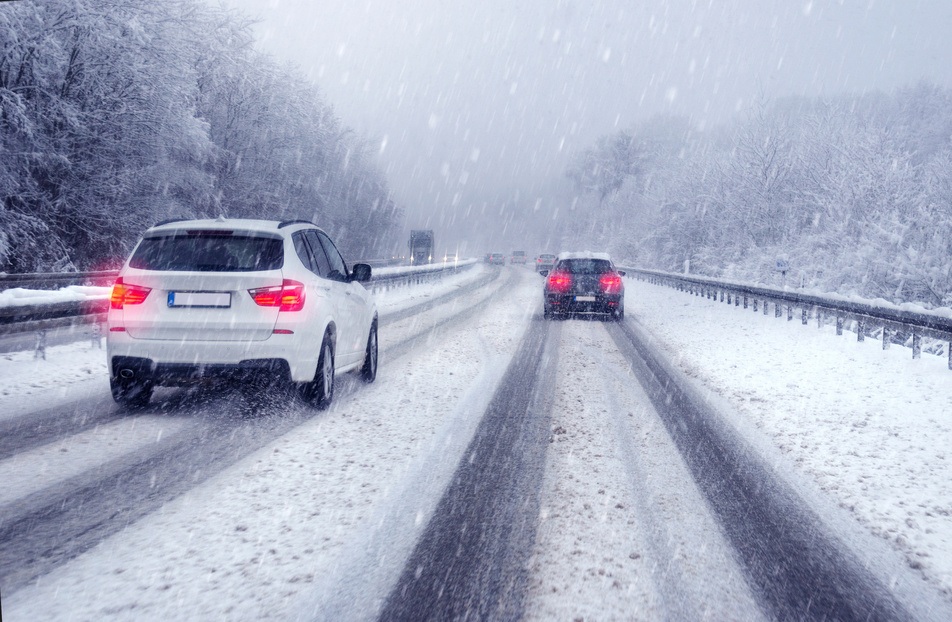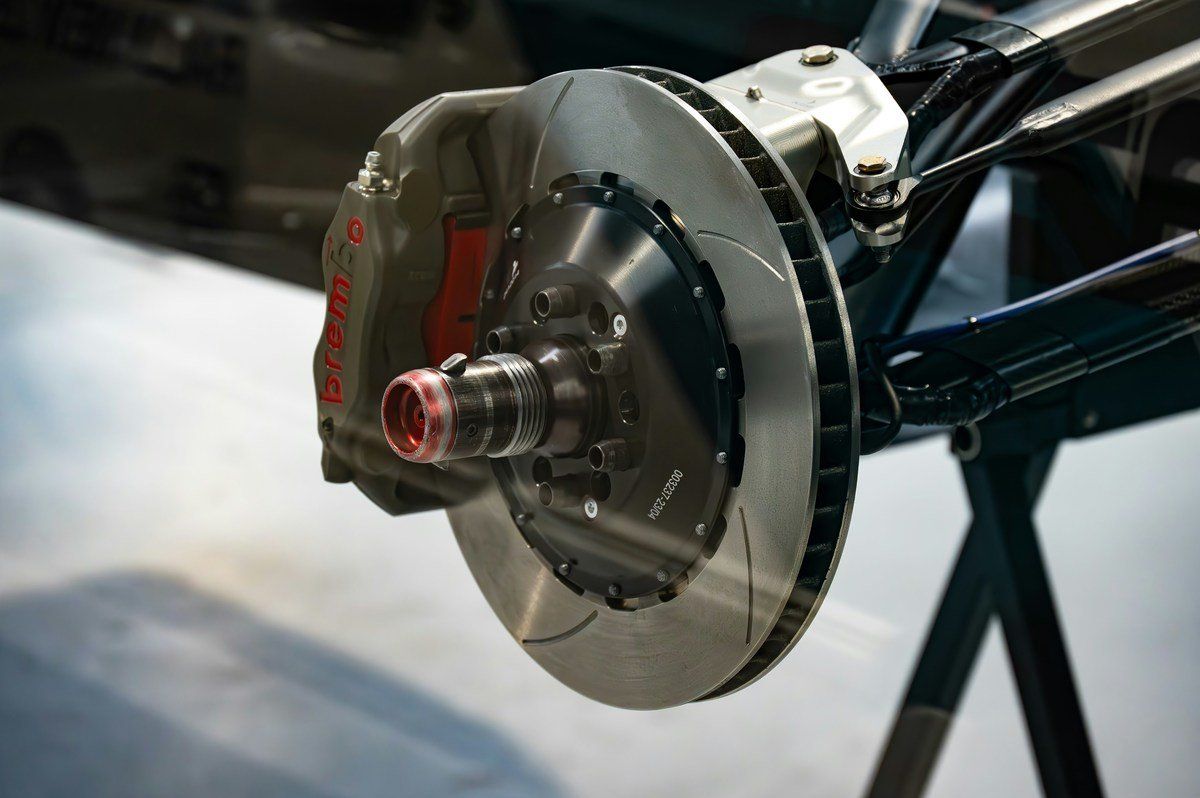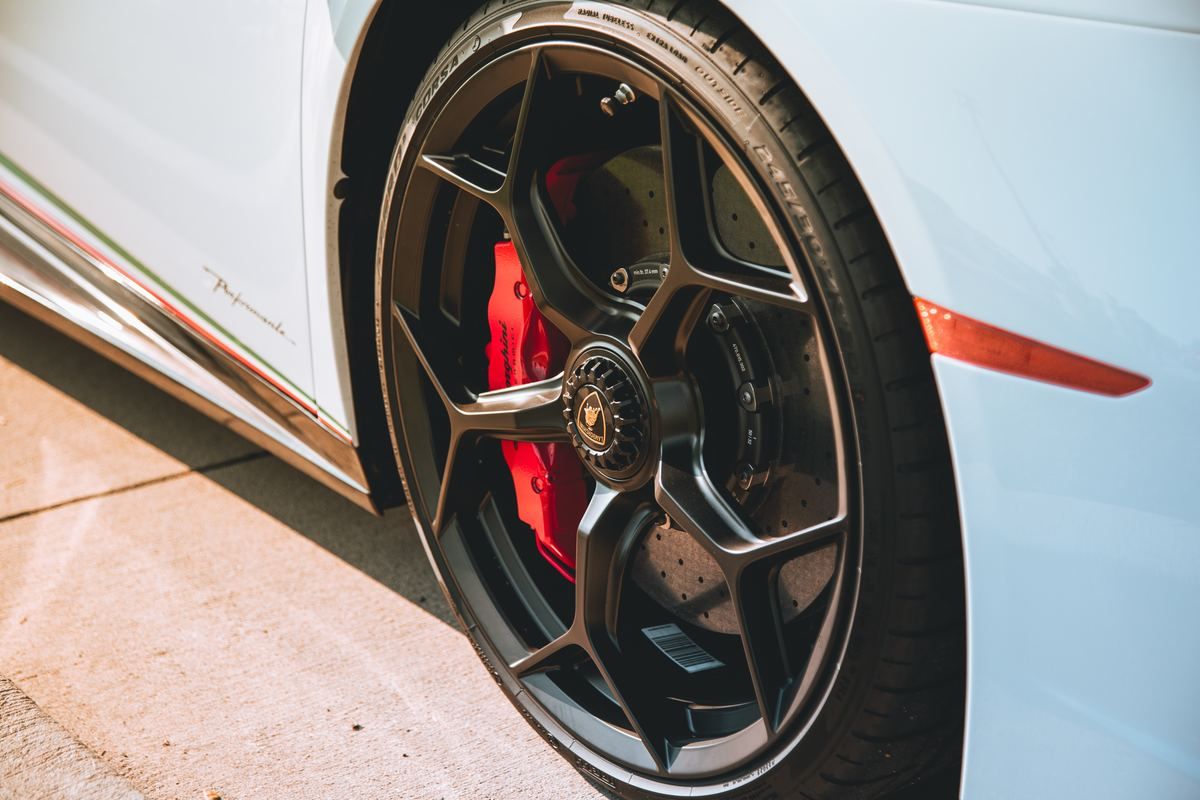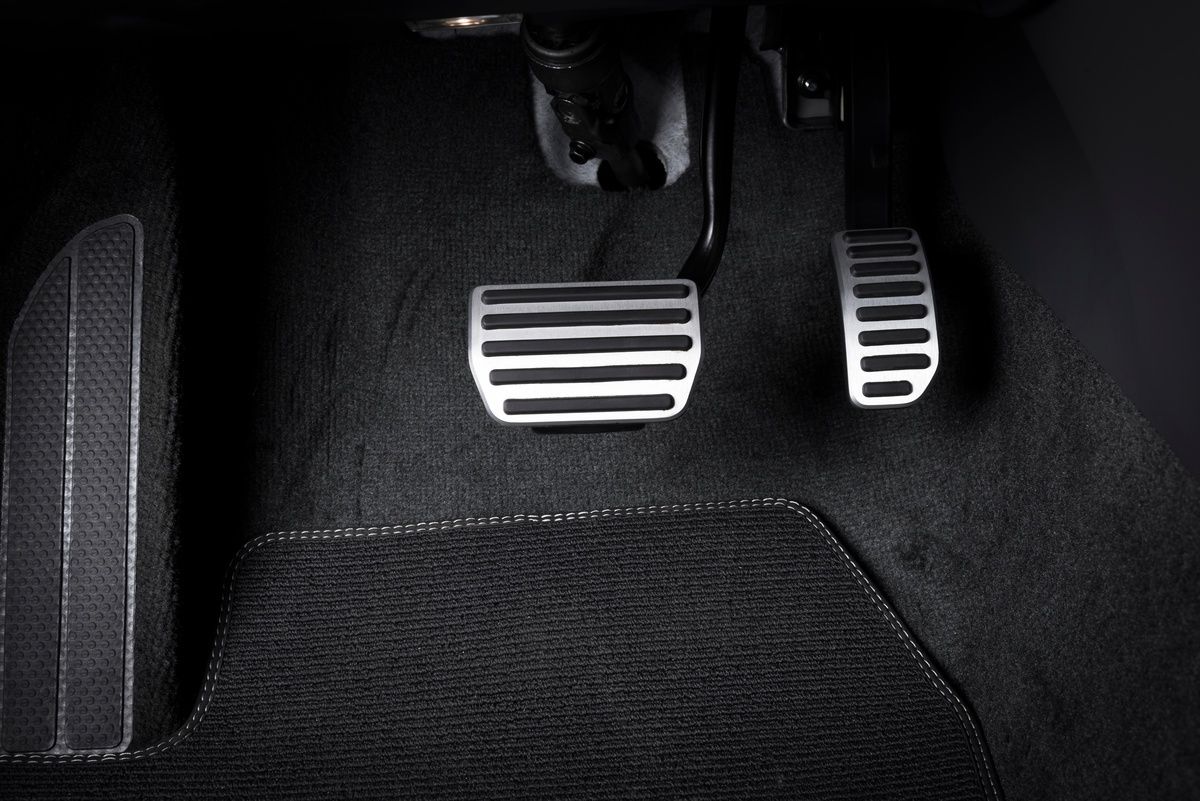Watch Out for These Winter Brake Problems
-
Written by Eric Riddles
-
Published on January 05, 2022
-
Category: Brakes
The cold winter weather can bring forth a lot of fun into your life—think sledding, skiing, indulging in hot cocoa, and building a snowman. However, it can also present a fair number of challenges, given that low temperatures can affect the performance of your car. For instance, a combination of friction, worn-out parts, and moisture can result in some noticeable brake problems during the cold season. Below is an outline of three common brake problems you should watch out for as you drive into the winter!

1. Rusty Brakes
Whenever you park your vehicle after a long day's drive through the snow, water remains on your brake components. After weeks or months of winter, rust can start to form on your brakes. Road salts can also hasten the rusting process. While some degree of surface rust is unavoidable, too much rust forming on your brake rotors can lead to pitting. The pitting process wears away at your brake rotors, leaving them rough and scored, thereby making it possible for rust to contaminate the brake pads. Some of the common signs that your brakes are rusty include squeaking and squealing noises and reduced stopping power. A couple ways of avoiding this problem is to steer away from parking your car outside for extended periods and ensuring your vehicle is kept clean to help prevent the development and spread of rust in your brake system.
2. Overheating Brakes
Weird as it may sound, overheating can damage your brakes during the cold winter season. When snow and water are on your brake pads, you'll be forced to apply higher braking pressure than you would in normal weather conditions. Applying extra pressure and holding your brakes for an extended duration can result in your brake system getting hot fast and potentially overheating. You can prevent this problem by avoiding riding the brake pedal. Additionally, you can also brake smoothly, utilize engine braking, and keep a safe distance from the car in front of you to avoid slamming on the brakes.
3. Weakened Brake lines
Over time, repeated exposure to the elements can cause your brake lines to weaken and develop cracks and tears. Weakened brake lines and watered-down brake fluids can gravely limit your car's ability to stop. Among the common signs that you have a weakened brake line problem is your brakes dragging or taking longer to let up and allow you to accelerate even after you've taken your foot off the brake pedal.
Contact Custom Complete Automotive for Brake Repair Services
Are you having brake problems because of the cold winter weather? At Custom Complete Automotive, we'll inspect, repair, and replace your brakes as needed to ensure that your brake system works as effectively and efficiently as possible. To learn more about our brake repair services, contact us today!
Find an Auto Repair Shop Near You
We have multiple auto repair shops throughout Missouri located in Columbia, Jefferson City, and St. Louis.
Eric Riddles is an ASE Certified Master Automobile Technician who has been working as an auto mechanic since 1998 and originally joined the team at Custom Complete Automotive in 2005. Eric has numerous certifications in various aspects of car repair and spent 10 years training the next generation of auto technicians at a local high school Auto Shop classroom.


